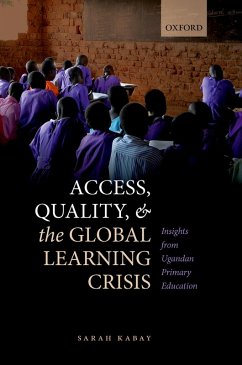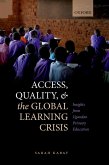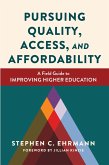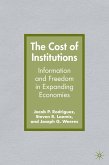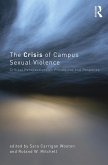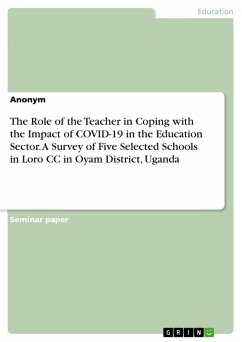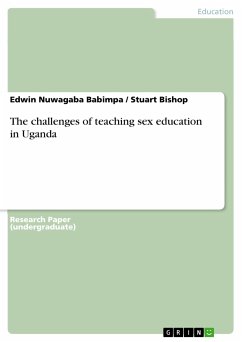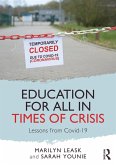Around the world, 250 million children cannot read, write, or perform basic mathematics. They represent almost 40% of all primary school-aged children. This situation has come to be called the "global learning crisis" and it is one of the most critical challenges facing the world today. Work to address this situation depends on how it is understood. Typically, the global learning crisis and efforts to improve primary education are defined in relation to two terms: access and quality. This book is focused on the connection between them. Through a mixed-methods case study, it provides detailed, contextualized analysis of Ugandan primary education. As one of the first countries in Sub-Saharan Africa to enact dramatic and far-reaching primary education policy, Uganda serves as a compelling case study. With both quantitative and qualitative data from over 400 Ugandan schools and communities, the book analyzes grade repetition, private primary schools, and school fees, viewing each issue as an illustration of the connection between access to education and education quality. This analysis finds evidence of a positive association, challenging a key assumption that there is a trade-off or disconnect between efforts to improve access to education and efforts to improve education quality. Embracing the complexity of education systems, and focusing on dynamics where improvements in access and quality can be mutually reinforcing, can be a new approach for improving basic education in different contexts around the world.
Dieser Download kann aus rechtlichen Gründen nur mit Rechnungsadresse in A, B, BG, CY, CZ, D, DK, EW, E, FIN, F, GR, HR, H, IRL, I, LT, L, LR, M, NL, PL, P, R, S, SLO, SK ausgeliefert werden.

